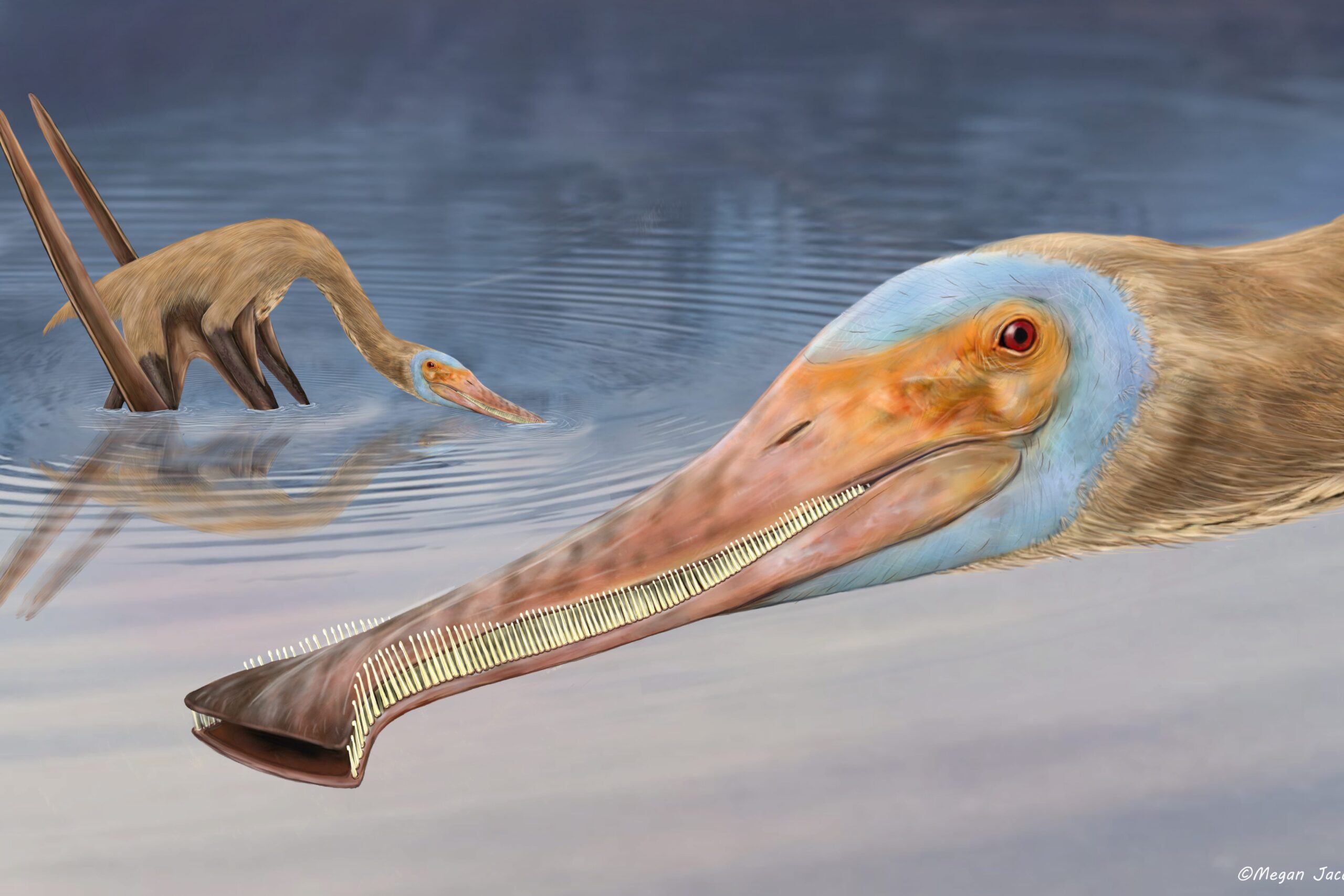The discovery of the Pachycormus macropterus fossil is significant for a number of reasons. First, it is one of the most complete pachycormid fossil ever found. This means that scientists can learn a lot about the anatomy and biology of these extinct fish.
Second, the fossil provides new insights into the diet of pachycormids. Previously, it was thought that pachycormids were primarily predators of small fish and other invertebrates. However, the discovery of the ammonite in the fossil’s stomach suggests that pachycormids may have also been scavengers.
Third, the fossil provides evidence that ammonites were more commonly eaten by bony fish during the early Jurassic than previously thought. This is important because it suggests that ammonites may have played a more important role in the marine food web than previously realized.
Implications for our understanding of the Jurassic
The discovery of the Pachycormus macropterus fossil has a number of implications for our understanding of the Jurassic. First, it suggests that the marine food web during the Jurassic was more complex than previously thought. Second, it suggests that pachycormids may have played a more important role in the marine ecosystem than previously realized.
The fossil also provides new insights into the behavior of pachycormids. For example, the fact that the fish swallowed an ammonite that was too large to digest suggests that pachycormids may have been opportunistic feeders. This is in contrast to the previous view of pachycormids as being primarily predatory fish.
Overall, the discovery of the Pachycormus macropterus fossil is a significant scientific discovery. It provides new insights into the anatomy, biology, diet, and behavior of pachycormids. It also has a number of implications for our understanding of the marine food web and ecosystem during the Jurassic.
Additional thoughts
The discovery of the Pachycormus macropterus fossil is a reminder of the importance of fossil preservation. The fossil was able to preserve so much detail about the fish and its last meal because it was buried in mud shortly after its death. This prevented the fish and its contents from being scavenged or decomposed.
The fossil also highlights the importance of paleontology. Paleontologists are able to study fossils to learn about the past life on Earth. Without paleontologists, we would not be able to learn about the fascinating creatures that lived millions of years ago.


